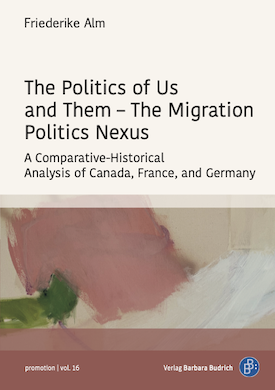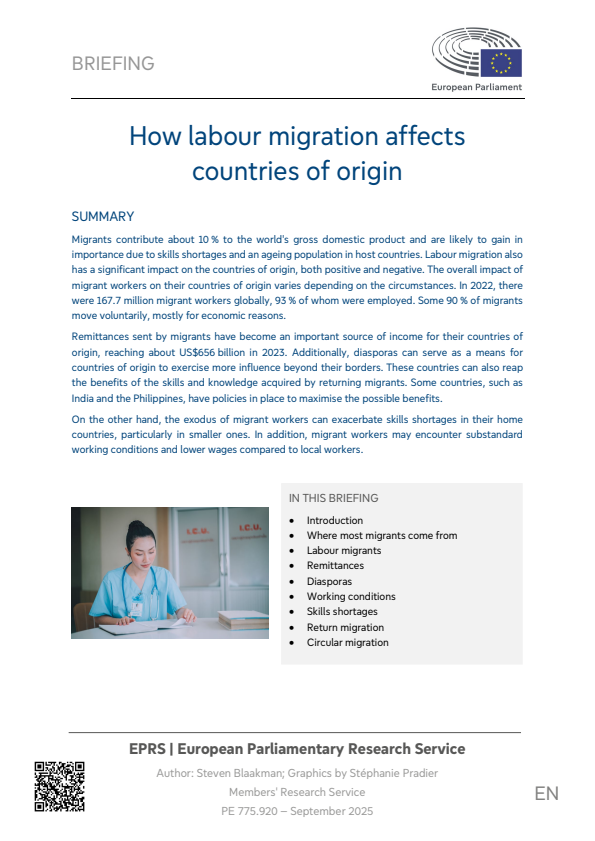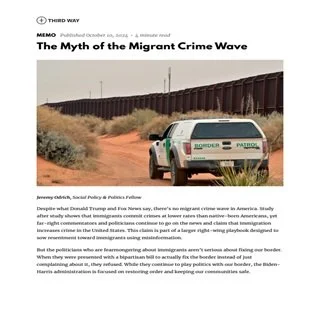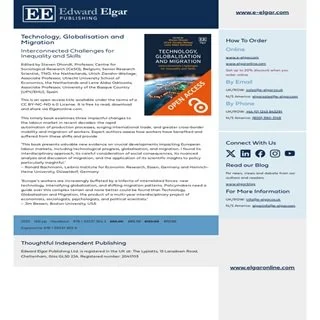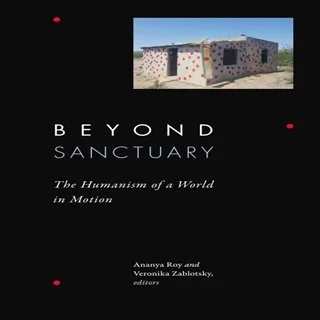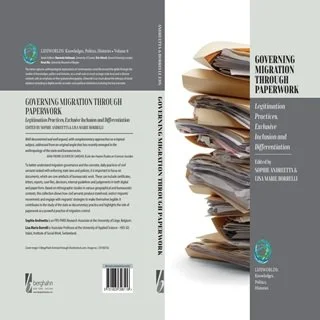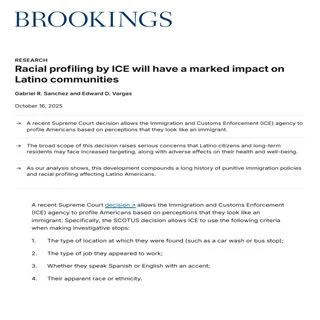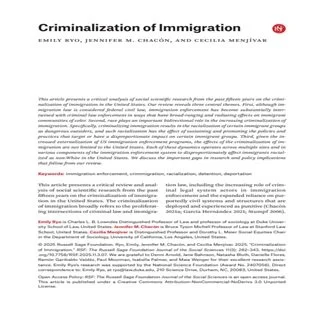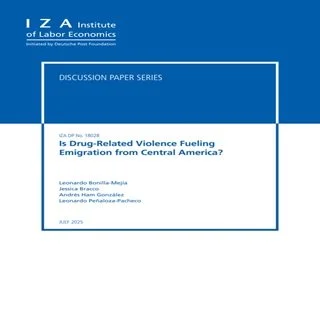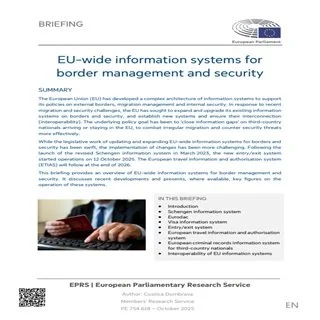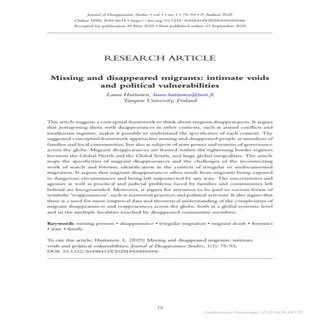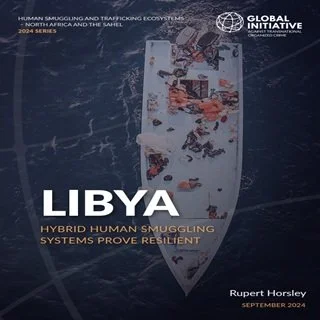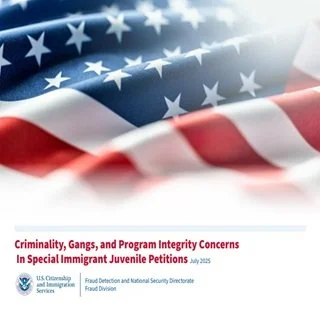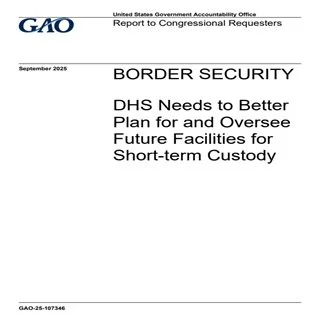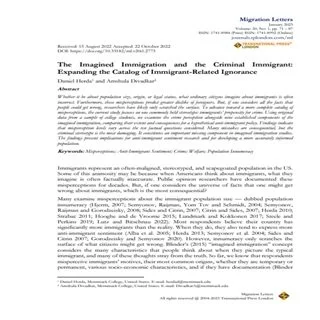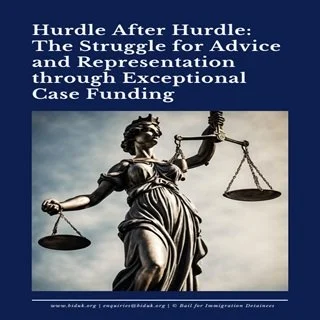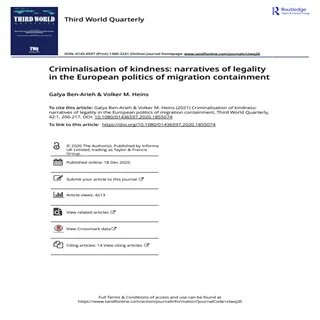By Ximena Canal Laiton
This report examines the experiences of migrant women in transit in South America. It is based on 4Mi1 surveys and interviews with migrant women and key informants conducted in Peru, Chile, Argentina, Bolivia, Uruguay, Colombia, and Brazil between December 2024 and May 2025. Addressing the lack of information on women’s experience of migration in the region, this report presents findings on risks, sexual and reproductive health issues, the gender-based division of labour, mechanisms and barriers to self-protection, access to assistance, and the needs of migrant women in transit. The report provides empirical evidence to inform decision-makers and humanitarian actors. Key findings • Women are consistently affected by the general risks of migration routes in South America, in particular mentioning theft, extortion, bribery, and verbal violence. In addition, this research identified specific risks of sexual violence for women in transit, such as abuse and exploitation, which may go unnoticed by many migrant women despite being flagged by key informants. • The adverse conditions of migration have a major impact on the sexual and reproductive health of some women. During the journey, pregnancy, breastfeeding, and menstruation often occur in inadequate circumstances, which increases the health risks for women or their babies, born or to be born, including morbidity, mortality, low birth weight, malnutrition, vaginal infections, and toxic shock syndrome, among others. • Constant stress, the uncertainty of migration, migratory grief, and other related factors negatively impact women’s mental health during migration. The data shows that migrant women experience feelings of sadness, frustration, fear, and guilt. • Women adopt various self-protection strategies to cope with the dangers of the journey. The main measures include staying in touch with family, planning the journey, and travelling with companions. While emotional care strategies exist, the women interviewed reported using very few and revealed a persistent lack of tools to manage emotional challenges. • The gender-based division of labour persists during migration, with women being assigned domestic and care tasks. Women are primarily responsible for caring for children and other dependents, as well as organising meals and groceries for the travel group. • Despite the meaningful humanitarian response along migration routes in South America, these services still need to be strengthened. Almost half of the women respondents reported not receiving assistance during their journey, while most stated that they had unmet needs at the time of the survey, mainly needing cash, accommodation, and medical care.
London: Mixed Migration Centre, 2025. 28p.


